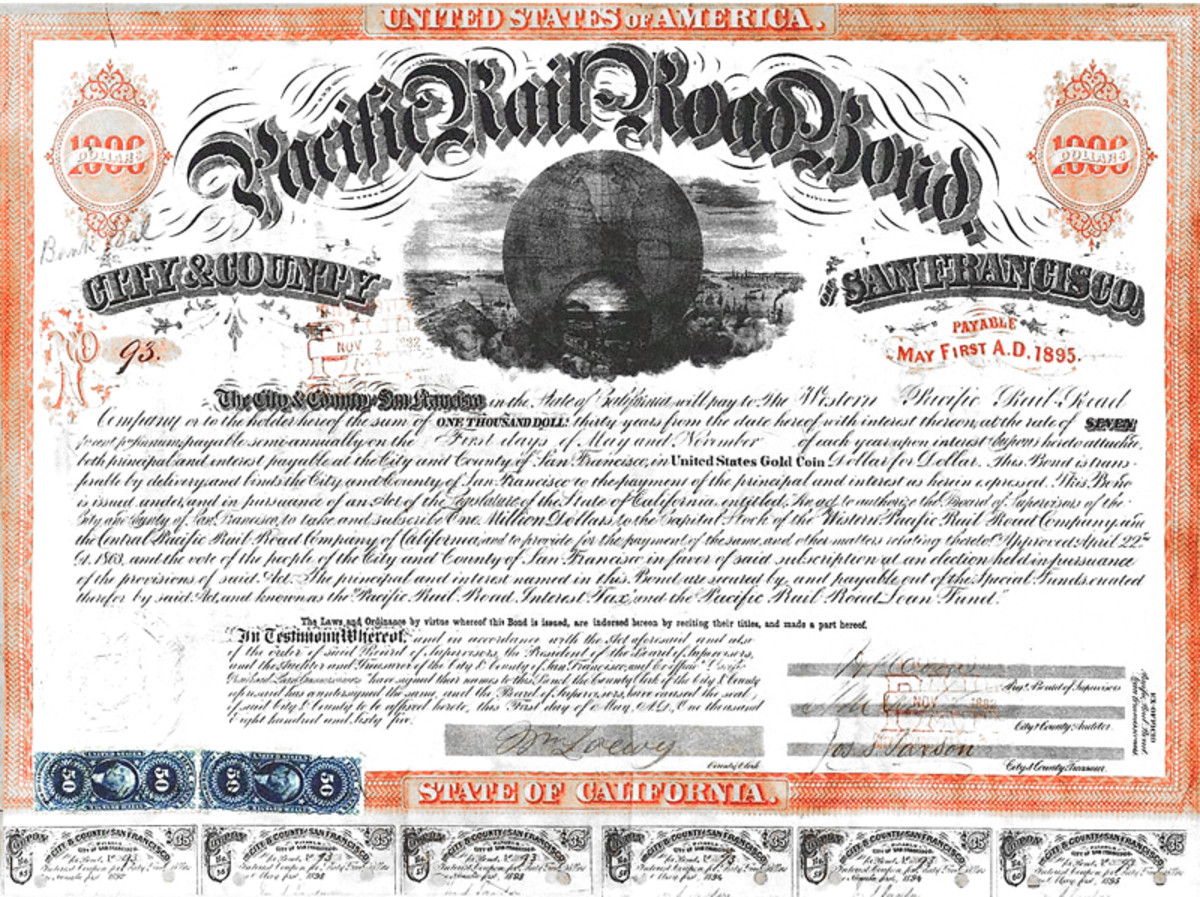Understanding Money & Investments

Make The Most Of What You Have- Invest
Many people who have been making extra income from Blogging, eBay, and Real Estate investments want to know what they can do to invest what they have.
Money investing is not something that everyone was taught in school.
Understanding the basics of investing, if you have no clue what investments even are, and consider yourself financially illiterate can be intimidating. I have provided this guide to help you choose what to do with your money, besides spend it, of course. Investing is the real way to get ahead, and I am always happy to see people reach the point of truly achieving success. through their investments. Yes, making investments is the way the "little people" can stop being so little, not by punching a time clock. You probably have heard, "its not what you make, its what you keep". There is a lot of truth in that saying , but to expand on it a little, don't just keep it, make it work for you. That's another saying that investors use. "Don't work for your money, make it work for you." If you look at any wealthy person, I will guarantee you that this is exactly what they are doing. They maximize what they have! Poor people tend to spend their money as soon as they make it, which keeps them poor. This is the main difference between rich and poor people. Invest wisely and you will never regret the day you decided to take control of your finances. Here is a guide that I hope will help you understand what your choices are, and what can be done to maximize what you have!
We very careful with any get rich quick schemes, including day trading. Some people do very well in this area of investing, however, most lose just about everything when they attempt to day trade.
Bulls & Bears
The beasts of finance. A bull market is when a the market is upward-moving. The stock market was "bullish" in the early eighties with a brief collapse in 1987. The market is considered "bearish" or trending downward as of 2008. This is a basic description. There are bear market rallies too, but there is no need to delve into that since I am not getting into day trading, technical analysis, or candle sticks here. All you need to know is bulls are those who buy heavy, expecting a stock price to go up.
Here is a list of things to think about when considering stocks:
Stocks
- Stock investors try to find & buy undervalued stocks, because the stock price should eventually rise to more accurately reflect its value.
- Unless you have a lot of money to invest in a wide variety of individual stocks, stick with stock mutual funds because they provide greater diversification.
- Set percentages for how you want to allocate you assets and re-balance your portfolio once per year. Change your stock/bond ratio every five years.
- The further you are from retirement, the more of your assets should be invested in stock.
Stocks are equity investments, that represent shares of ownership in a company. If you buy stock in a corporation, you own a small part of that corporation and are described as a stockholder or shareholder. One buys stock because they expect it to increase in value, or because they expect a corporation to pay a dividend income, or a portion of its profits. Some stocks provide both growth and income. When companies go public, they issue shares of stock that people can purchase on the major stock exchanges such as the New York Stock Exchange, the American Stock Exchange, and NASDAQ.
When a corporation issues stock, the company receives the proceeds from the initial sale. Shares are then traded, or bought and sold among investors. The corporation gets no income from those trades. The price of the stock moves up or down depending on how much you and other investors are willing to pay for it at the time.
Some stock investors consider market drops to be buying opportunities. Assume one invests $400 per month in stock mutual funds, and the market goes up, this means that they are now worth more. If it goes down, they can buy more shares with the same amount of money.
Most brokers would advise to avoid speculative securities. Initial public offerings (IPOs), stocks aren't worth the risk. Even the best traders don't buy much of their stocks at what turn out to be low prices. The "hot" IPOs go to large institutional customers; the average person may, with luck, get a few shares. A rule of thumb is if offered a good chunk of an IPO, chances are the broker was unable to unload all the shares to institutional customers and is calling with a "great tip" because he's got to get rid of them. As you can see,there is a lot to know, and any ignorance on your part can lead to disastrous consequences. It isn't every day that one stumbles upon Apple Inc.
How do Stocks work? As the economy grows, and companies grow with it and earn greater profits, stock prices generally follow suit. Stock prices don't move in unison with earnings, however, over the years, the relationship is pretty close. In fact, the price-earnings ratio, witch measures the level of stock prices relative to company earnings of U.S. stocks has averaged approximately 15 during this century , a little higher during times of low inflation. A price-earnings ratio of 15 means that stock prices per share, on average , are selling at about 15 times those companies' earnings per share.
Should you buy individual stocks? One must do a significant anout of research when considering the purchase of an individual security, and know al lot about the company including; what products they sell, and how much debt they have. This requires time, but can be a very profitable way to invest. Analyzing financial statements, corporate strategy, and competitive position requires great insight, not to mention nerves of steel when what looked like a sure ting drops 50% while the overall market holds steady. It is also a fact that when investing in individual stocks you will be less likely to diversify unless you have a lot of money to work with, and by not diversifying one is adding to their risk.
You may invest in stocks by making your own selection of individual stocks or by letting a mutual fund manager do it for you.
A mutual fund is a company that invests on behalf of customers who deposit money with it. The customers may be individual investors , or big companies. Mutual fund companies pool money it collects and manages it with investment objectives that are carefully spelled out.
For example, one may infest only in technology stocks and another may infest in government securities. By investing in a mutual fund, one may achieve a level of diversification that would be impossible to afford if trying to buy all of these in individual stock.
Rules to buying mutual funds:
Stick with discounts.
Avoid Load Funds. Some funds deduct a sales charge from your principal; this is referred to as 'front-end load. " Funds that charge this fee are called "load" funds. Loads can make up to 5.0 to 5.7 % of your investment and go to whomever sold you the fund.
Funds that do not charge this fee are called "no load" funds, and they are the much better deal.
Municipal Bonds
Bonds: The beauty of this is that one can invest in bonds that generate tax-free interest. The interest paid by municipal bonds is not taxed by the federal government.
Types of Municipal Bonds:
General obligation bonds issued by the state or a city, town, or country withing the state are backed by the tax-raising ability of the state or municipality. The issuer can't print money to get itself out of trouble like the federal government, but it does have the power to raise taxes when it needs money.
Revenue bonds are issued by an agency of a city, county, or state to build infrastructures.

More Aticles on Money
- Making Money With Your Blog Through Advertisers
making money through blogging and affiliates, amazon, eBay, AdSense, and Kontera. There are others like chitika, and review me.








